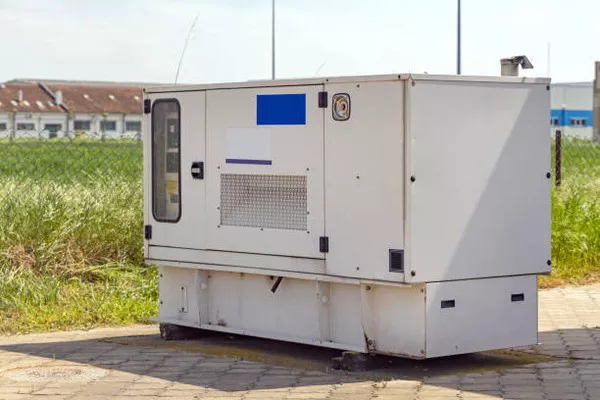In today’s world of frequent power outages and increasing reliance on electrical devices, owning a generator has become more of a necessity than a luxury. Propane generators, in particular, offer several advantages over their gasoline counterparts, including cleaner emissions, longer shelf life of fuel, and reduced maintenance requirements. If you’re considering purchasing a propane generator but unsure where to start, this guide will help you navigate the options and find the best place to buy one.
Understanding Propane Generators
Before diving into where to purchase, it’s essential to understand what makes propane generators a viable choice. Propane, or liquefied petroleum gas (LPG), is a versatile and efficient fuel option for generators. It burns cleaner than gasoline, producing fewer emissions and reducing environmental impact. Propane also has a longer shelf life and is less prone to degradation over time compared to gasoline, making it a more reliable choice for emergency backup power.
Propane generators come in various sizes and capacities, suitable for powering anything from essential appliances during a blackout to whole-house systems that keep every electrical device running smoothly. When choosing a propane generator, consider factors such as wattage requirements, runtime capabilities, and ease of maintenance.
Where to Buy a Propane Generator
Now, let’s explore the different avenues where you can purchase a propane generator:
1. Hardware Stores
Hardware stores like Home Depot, Lowe’s, and Ace Hardware are popular destinations for purchasing generators, including propane models. These stores typically carry a range of brands and sizes, allowing you to compare features and prices in person. They often have knowledgeable staff who can assist with questions and provide guidance on selecting the right generator for your needs.
2. Online Retailers
The convenience of online shopping has made it a preferred method for many consumers, especially when it comes to bulky items like generators. Websites like Amazon, Walmart, and specialized generator retailers offer extensive selections of propane generators. Online shopping allows you to read customer reviews, compare specifications easily, and often find competitive pricing. However, be mindful of shipping costs and delivery times, especially for larger generators.
3. Generator Dealers
Authorized generator dealers and distributors specialize in backup power solutions, including propane generators. These dealers often carry reputable brands and can provide expert advice on installation, maintenance, and warranty support. Visiting a dealer allows you to see generators firsthand and receive personalized recommendations based on your specific requirements.
4. Outdoor and RV Stores
Propane generators are popular among outdoor enthusiasts and RV owners due to their portability and efficiency. Stores that cater to camping, RVing, and outdoor activities often stock propane-powered generators suitable for recreational use. Brands like Honda and Champion are well-regarded in these circles for their reliability and quiet operation.
5. Direct from Manufacturers
Many generator manufacturers, such as Generac, Kohler, and Champion, sell their products directly through their websites. Buying directly from the manufacturer can sometimes offer benefits like exclusive models, factory warranties, and customer support directly from the source. It’s worth checking manufacturer websites for promotions, discounts, and special offers that may not be available elsewhere.
Factors to Consider When Buying
Regardless of where you decide to purchase your propane generator, there are several important factors to consider to ensure you make the right choice:
Power Requirements: Calculate the wattage needed to power essential appliances or your entire home during an outage. Ensure the generator you choose can handle your specific power needs.
Size and Portability: Consider where you’ll place the generator and whether portability is a priority. Portable models are easier to transport but may have lower wattage capacities compared to larger, stationary units.
Noise Level: Propane generators are generally quieter than gasoline generators, but noise levels can still vary significantly between models. If noise is a concern, look for generators designed for quiet operation.
Fuel Efficiency: Evaluate the generator’s fuel consumption rate, as this can impact long-term operating costs. Propane tends to be more efficient than gasoline, but individual models may vary.
Maintenance Requirements: Check the maintenance schedule recommended by the manufacturer. Propane generators typically require less maintenance than gasoline models but still need regular upkeep to ensure reliable performance.
See Also WHAT DO WHOLE HOME GENERATORS RUN ON
Conclusion
Purchasing a propane generator is a significant investment in your home’s safety and comfort during power outages. By considering where to buy and understanding the factors that influence your decision, you can confidently choose a generator that meets your needs and provides reliable backup power when you need it most. Whether you opt for a local hardware store, online retailer, specialized dealer, or directly from the manufacturer, ensure to prioritize features like wattage, fuel efficiency, and noise levels to make the most informed choice. With proper research and planning, you’ll find the perfect propane generator to safeguard your home and family from unexpected electrical disruptions.

